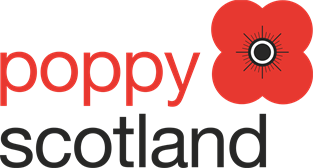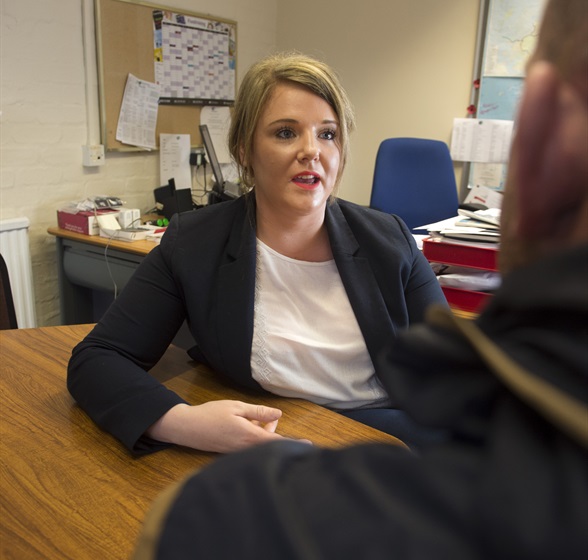
A healthier Armed Forces community
Recent studies by the University of Glasgow and the Forces in Mind Trust have analysed the correlation between Service and health related conditions. They have found that some conditions are found to be more prevalent amongst veterans than non-veterans. This includes hearing loss; musculoskeletal problems, such as arthritis; and alcohol and smoking-related diseases.
Personnel injured in Service, either physically or mentally, are treated while still serving. However, for those who are then medically discharged, and transition back to civilian life, the specialist support structures available can be unclear.
The ex-Service community that Poppyscotland spoke with reported gaps in specialist veterans’ physical and mental health support. They stated that such support is not always locally available, accessible, or structured to best understand and meet their tailored needs. Evidence highlighted by the Scottish Veterans Commissioner in 2018 found gaps in funding for some support services. For example, the Veterans First Point service is not funded to provide a local service in every health board area in Scotland.
Furthermore, the veterans’ health landscape has evolved in recent years with the introduction of a Scottish Veterans Care Network, which is still at an embryonic stage and the operation of Health and Social Care Integrated Joint Boards at the local level.
A Veterans’ Patient Satisfaction Survey would provide Health and So l Care providers with tailored information and feedback from veterans on the performance and quality of care received. The Scottish Government should work with the newly established Scottish Veterans Care Network, NHS Boards and local Integrated Joint Boards to deliver the survey and drive forward the improvements identified by its results. While also ensuring alignment and consistency with existing National Health and Care Standards.


